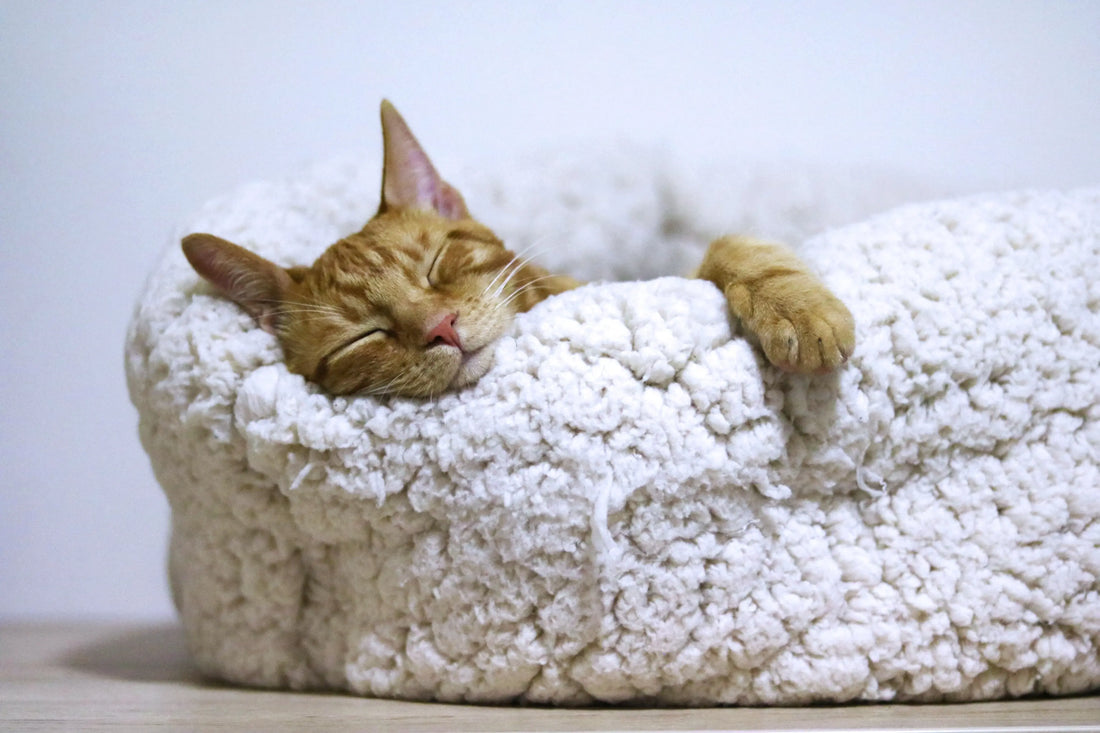In today’s fast-paced world, achieving quality sleep can be a challenge. Yet, good sleep is vital for physical health, mental well-being, and overall quality of life.
So what are some of the low-hanging fruits to improve sleep?
The answer is good sleep hygiene!
This post will explore what sleep hygiene is and provide practical tips to help you master it.
What is Sleep Hygiene?
Sleep hygiene refers to a set of habits and practices that promote consistent, uninterrupted sleep. It involves creating an environment and establishing routines that make it easier to fall asleep and stay asleep. Good sleep hygiene can significantly enhance the quality and duration of your sleep, helping you feel more refreshed and alert during the day.
Tips for Better Sleep Hygiene
1. Stick to a Consistent Sleep Schedule
- Go to bed and wake up at the same time every day, even on weekends. This consistency helps regulate your body's internal clock, the circadian rhythms, which can improve your ability to fall asleep and wake up naturally.
- If you have to change your sleep schedules, try to limit the number of schedule flips. For example, working night shifts 2 weeks in a row is better for your circadian rhythms than working 3-on-4-off for 2 weeks.
2. Optimize Your Sleep Environment
- Ensure your bedroom is cool, dark, and quiet. Consider using blackout curtains, sleep mask, earplugs, or a white noise machine to block out disturbances.
- Invest in a comfortable mattress and pillows.
- Block signal lights from electronics such as charging cords, monitors, and so on.
3. Be Mindful of Light Exposure
- During the day, expose yourself to natural sunlight to help regulate your sleep-wake cycle. In the evening, limit exposure to bright lights and blue light from screens, as these can hinder melatonin production and make it harder to fall asleep.
- Consider using apps or settings on your devices to reduce blue light emission during evening hours. Additionally, wearing blue light-blocking glasses can help minimize exposure when screen time can't be avoided.
- If you have to change your sleep schedules, consider using light therapy to help you with the transition. For example, exposure to morning light can help you wake up early.
4. Watch Your Diet
- Avoid large meals or alcohol before bedtime. These can disrupt sleep or cause discomfort during the night.
- Avoid caffeine intake 8-10 hours before bed. Recognize hidden caffeine in food that is not traditionally regarded as containing caffeine , such as milk tea, chocolate, and tiramisu.
5. Create a Relaxing Bedtime Routine
- Engage in calming activities before bed, such as reading, taking a warm bath, or practicing relaxation exercises. Avoid stimulating activities and screen time, especially those that cause emotional reactions such as talking to a friend or watching a horror movie.
- Practice stress-relieving techniques such as breathing exercise, meditation, or yoga. Managing stress during the day can prevent it from interfering with your sleep at night.
6. Limit Naps
- While short naps can be beneficial, long or irregular napping during the day can negatively affect your nighttime sleep. If you need to nap, try to keep it under 30 minutes and avoid napping late in the afternoon.
7. Exercise Regularly
- Engage in regular physical activity can help you fall asleep faster and enjoy deeper sleep, but late-night workouts might keep you awake.

